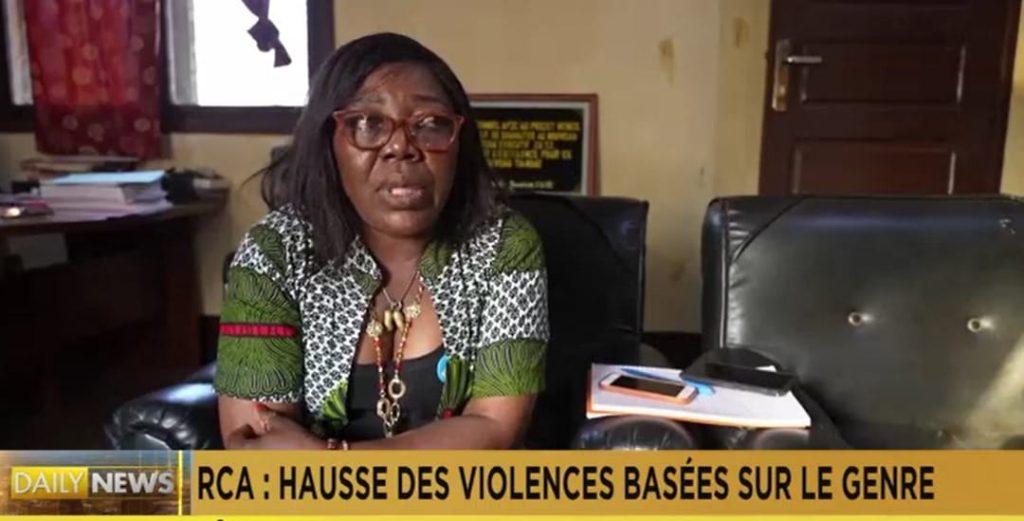Bangui, Central African Republic – The Central African Republic (CAR) is facing a grim escalation in gender-based violence (GBV), with incidents soaring amidst ongoing conflict, a failing legal system, and societal stigma that discourages survivors from speaking out. According to data tracked by the United Nations and its partners, reported cases have dramatically increased from approximately 9,200 in 2020 to 25,500 recently.
Despite the alarming rise in such incidents, international support for GBV initiatives in the CAR has dwindled. The United Nations reports that of the roughly 14 million U.S. dollars requested for humanitarian assistance, less than 15% has been funded. Experts attribute this shortfall to donor fatigue and the global focus on multiple other crises, which has diverted attention and resources away from the CAR.
Varied Perpetrators Complicate the Crisis
The alleged perpetrators of these heinous acts include a spectrum of actors from local bandits to U.N. peacekeepers and members of the Wagner Group, a military contractor. The U.N. itself has faced longstanding issues with sexual misconduct by its peacekeepers across various missions. A notable incident involved the repatriation of an entire peacekeeping contingent from Gabon three years ago following verified reports of sexual abuse.
A victim, speaking anonymously to The Associated Press, shared her ordeal of being raped by a member of MINUSCA (the United Nations Multidimensional Integrated Stabilization Mission in the Central African Republic). She recounted the lack of support from her community and the advice from her church pastor to pray rather than seek legal action.
Challenges in Seeking Justice
The fight for justice remains a formidable challenge for survivors. The Association For Women Lawyers for Central Africa reported handling 213 cases of sexual assault and rape in 2022, and even more distressingly, 304 in 2023. Often, cases against local fighters are withdrawn due to financial settlements pressured by the perpetrators’ families.
Doctors Without Borders has noted an increase in the number of survivors seeking help, partly due to expanded outreach and services. Yet, they caution that the majority of survivors likely remain silent, particularly in areas where support services are absent.
Legislative Efforts and Ongoing Conflict
The CAR government has taken steps to address this crisis, with the new constitution mandating measures to combat all forms of violence against women and aiming to eradicate sexual assault. However, the effectiveness of these measures remains to be seen amid the country’s prolonged conflict, which began in 2013 after predominantly Muslim rebels ousted the president, leading to retaliatory attacks by mostly Christian militias.
Despite a peace deal in 2019, which temporarily reduced hostilities, the agreement has since frayed, with several groups withdrawing. The situation is further complicated by the presence of various international forces, including U.N. peacekeepers, Rwandan troops, and the Wagner Group, all attempting to stabilize the region.
As the CAR struggles with both armed conflict and deep-seated social issues, the plight of GBV survivors highlights the critical need for sustained international attention and support to address these urgent humanitarian and justice needs.


